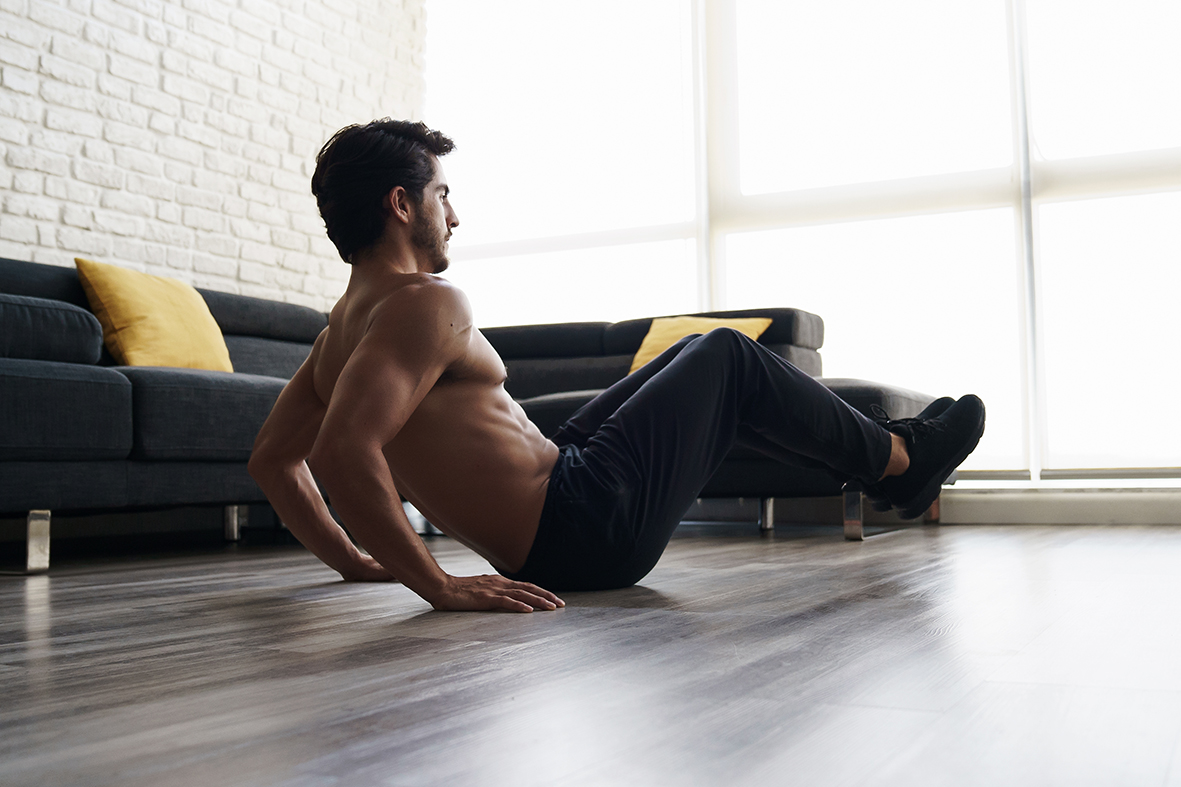Does exercise help or hinder our ability to fight off infections?

In the context of COVID-19, this question has gained urgency and also, thanks to recent research, answers. The latest science suggests that being fit boosts our immune systems, and that even a single workout can improve our ability to fight off germs.
Some studies also indicate that the types and amount of exercise may influence how exercise affects our immune responses. More is not necessarily better.
Here is an overview of the state of today’s science; how and why exercise interacts with our immune systems and whether we should plan to remain active, even as the incidence of new virus cases continues to grow. Many of us who exercise have heard from well-meaning friends, spouses or parents that strenuous exercise will reduce our immune systems, opening us to pathogens and illness. That notion gained credence in the late 1980s, the result of studies showing that “marathon running increased the incidence of infection symptoms among runners in the days and weeks after the race,” says John Campbell, a professor of health science at the University of Bath in England and co-author of an influential 2018 review of exercise and immunity.
At the same time, some research hinted that a single, strenuous workout might temporarily diminish our immune responses soon afterward, putting us at heightened risk for an opportunistic infection after the workout. This possibility was known as the “open window” theory and relied on experiments in people showing that immune cells flooded our bloodstreams immediately after a hard workout and then abruptly disappeared. This disappearance seemed to leave us with lowered levels of the cells that recognise and fight pathogenic intruders, offering germs an open window for incursions.
Taken as a whole, this research about exercise and our immune systems tells us that “there is no or limited reliable evidence for exercise directly increasing the chance of developing any kind of viral infection,” says James Turner, co-author of the 2018 review about exercise and immunity and also a professor of health science at the University of Bath.
“So, it is safe to exercise, despite concerns about Coronavirus” he concludes. Exercise, in fact, will probably lessen the risk of an infection, he says.
There are caveats, though. If you have not been exercising, now might not be the ideal moment to start an extremely ambitious and tiring new workout routine.
“It is fair to say that a large increase in exercise intensity and/or duration, especially in people new to exercise, might have transient negative effects on the immune system,” says Jeffrey Woods, a professor of kinesiology and community health at the University of Illinois in Urbana-Champaign, who studies exercise and immunity and led the mouse study.